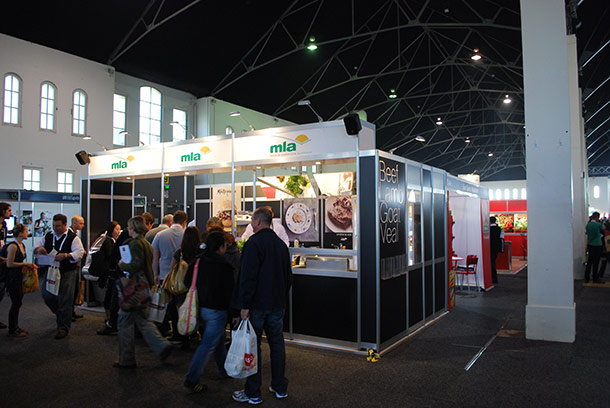Following the launch of the Agricultural Competitiveness Green Paper by Minister for Agriculture Barnaby Joyce, big supermarket lobby Australian National Retailers Association voiced its concerns that duplication and overlap would undermine a review of competition law.
However, the Australian Food and Grocery Council welcomed the release of the Green Paper as an important building block in enabling Australia’s agriculture sector to capture global trade opportunities, enhance productivity, ensure food security and deliver sustainable food production.
“The Green paper outlines fresh ideas on a range of vitally important issues for the future of our nation including infrastructure, drought support, trade and finance,” Mr Joyce said. “The paper suggests ways to reduce Commonwealth, state and territory regulatory burden and to improve market competition by strengthening domestic competition laws.”
Mr Joyce’s industry blueprint also calls for changes to the way supermarkets and farmers negotiate prices. Submissions are open online until December 12, 2014 at: https://agriculturalcompetitiveness.dpmc.gov.au

“The AFGC welcomes the focus on competitiveness, profitability and growth in order to establish an effective platform in setting policies that will enable Australian food production to take advantage of the massive growth potential for the future,” said AFGC chief executive Gary Dawson.
“We are encouraged that a commitment to enhance infrastructure, reform of coastal shipping and removing unnecessary regulation are firmly in the Minister’s sights.
“The agricultural and food and grocery processing sectors are strongly interconnected. Almost everything we eat goes through some level of processing or packaging – from flour and milk, to chocolates and confectionary. Growth and improved competitiveness across the whole food sector will bring benefits in improved profitability to producers and processors alike.”
Mr Dawson added that almost half of the nearly 300,000 food manufacturing industry employees work in rural and regional Australia.

